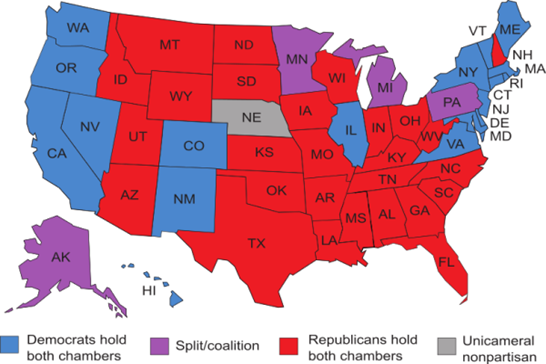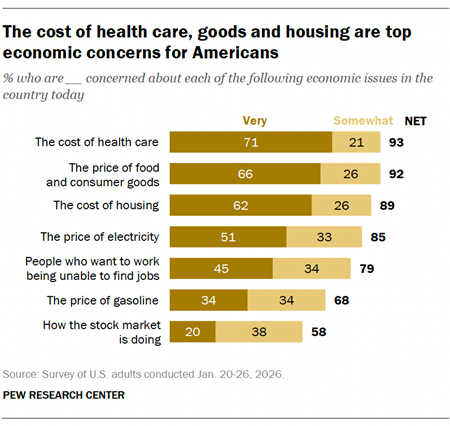Advocating 101: Tips from a Government Affairs Specialist and Former State Senator
As a former state senator and government affairs specialist, l've learned advocacy is about trust, relatability, and respect. Here's how to make your case effectively.
First, be honest and transparent. Legislators value advocates who present not just their perspective but also anticipate counterarguments. As a senator, I trusted advocates who shared both the benefits and potential pushback of an issue. In Missouri, a legislator's district in the southeast differs vastly from one in the northwest. Each represents unique needs. By laying out all sides, you help legislators serve their constituents, foster trust, and open doors to constructive dialogue.
Second, use personal stories to connect. People relate to narratives that humanize an issue. Early in my legislative service, I realized legislators need to put a face to an issue. As a conservative woman who grew up on welfare in a single-parent home and became a mother at 16, I could speak to reforms needed in Missouri's welfare system, mental health services, and child protection laws. I used personal stories to help legislators truly understand these issues. If you have a personal anecdote that ties to your cause and feel comfortable sharing it, do so-it's a universal language that cuts through policy jargon.
Third, respect time constraints. A legislator's day is packed with committee meetings, bill reviews, and negotiations to advance their own legislation. Meetings with advocates are just one slice of their responsibilities. They're also human, with families and pressures like anyone else, and need time to decompress. When scheduling meetings, aim for brevity- 15 to 20 minutes is ideal. Deliver your key points quickly and leave room for questions.
To make your message stick, provide a concise, bulleted leave-behind. Research shows bulleted lists improve comprehension and retention by up to 20% compared to dense paragraphs (Source: Journal of Technical Writing and Communication, 2018). A one-page document with 3-5 clear points ensures your message is digestible and memorable. For example, when advocating for mental health needs, I left behind a single sheet summarizing cost savings, how recovery services reduce recidivism compared to incarceration, and familial impact in bullet points.
Finally, follow up thoughtfully. After a week or two, reach out to see if the legislator has questions or needs more information. This shows you value their input without being overbearing. A simple email or call can keep your issue top of mind. Don't be discouraged if you speak to their staff instead-staff play an integral role in every legislative office.
Advocacy is about relationships, not just results. By being honest, relatable, concise, and respectful, you'll make your case and build lasting connections with decision-makers.

Holly Rehder
Missouri Principal






